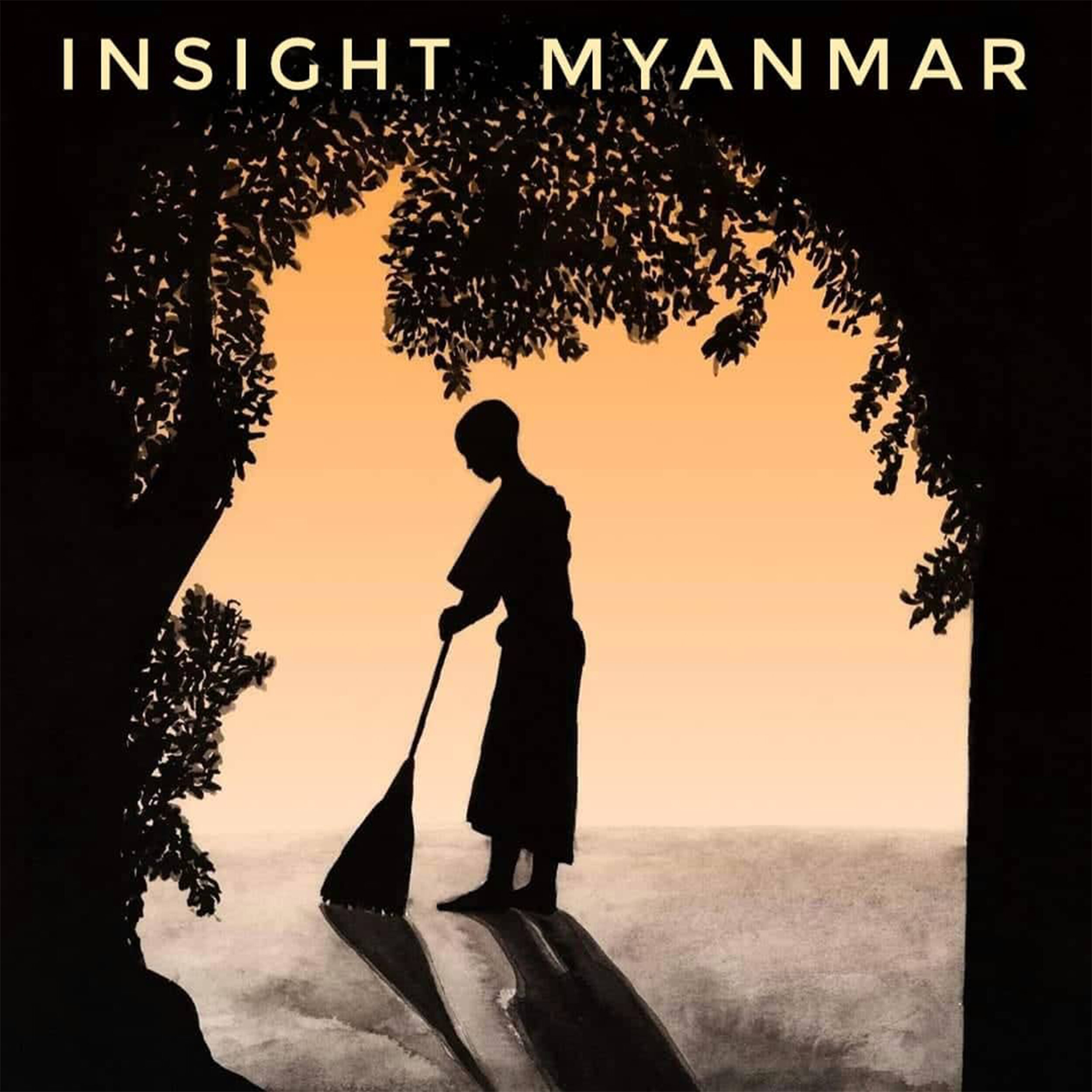Remembering U Win Tin
Delphine Schrank's book, The Rebel of Rangoon, serves as a compelling testament to the resilience and sacrifice of Myanmar's grassroots activists. It illuminates their clandestine efforts in the face of brutal military rule, which she discussed during a recent podcast conversation. By intimately portraying the lives of individuals like Nway and Nigel, Schrank captures the untold stories of those driving the country's pro-democracy movement. With a focus on sacrifice, dedication, and the enduring spirit of resistance, the book challenges Western narratives and sheds light on the profound complexities of Myanmar's struggle for freedom, providing a deep and nuanced understanding of the unsung heroes who shaping are the nation's tumultuous history.
“This movement wasn’t all about this one Messiah-like figure who descended on Burma, Aung San Suu Kyi, and told them, ‘Oh, we can have democracy!’ A lot of it came from them from the bottom up.”
Host: So, Nway and Nigel aren't the only two characters you have, you also bring in a number of other personalities. I think that's great, because it also introduces us to others beyond the normal players. I think in many books that are covering some part of Burmese history, we hear about the same handful of people all over again. The people that you're describing don't usually get that kind of attention, nuance and character study. And so, that is also in line with your aspiration for the book in highlighting the nuances, more ground level, grassroots view. I thought we can take a couple of minutes and go over some of the names that you introduce us to learn more about who these people are and why they're important. The first one I think is the one you might devote the most attention to outside of these two characters, deservedly so, is U Win Tin. Can you tell us who Win Tin is?
Delphine Schrank: U Win Tin was a famous journalist even before he was thrown in jail after 1989-1990. When the National League for Democracy (NLD) came together, it was as Bertil Lintner once put it to me, it really was a league! They were just united from all walks of life, from all classes. Mainly Burmese, but ideally not, they were just united in wanting to throw out military government and replace it with a democracy. They coalesce around Aung San Suu Kyi, the daughter of Aung San. But there were many figures around her that she brought in, who had a hand in having an intellectual or economic or maybe have a more of a military point of view. And Win Tin represented sort of the intellectual wing of the NLD.
So far, he had been a great journalist and a great editor for many years. His own life was a story of being on the ground and documenting the reality of what had happened to Burma as far as he could, even under censorship. Then after 1989 he was thrown in jail; I believe it's 19 years and nine months was the exact date that he was there before he was released. When I met him, he had been released, and he immediately went back to being this iconic intellectual figure. By then he was in his 80s. He knew he didn't have much time left and he kept his “prison blues” on, [his] uniform from inside prison to point out to people that [he] was a prisoner for many years.
He knew that holding court for various journalists at the time could get him thrown back in jail because he wasn't Aung San Suu Kyi, so he didn't have that international cachet that she at least had to be under house arrest. He would be thrown back into prison and be forgotten—which is not to say that Aung San Suu Kyi had it easy either, that's not what I'm implying...
So, he was this towering intellectual figure, who also had quite a hard line when he came out, and he had very different and strong opinions against some of the other figures within the NLD. Some other ideas about how they should approach going forward, he really wanted to reach out very early to the different ethnic groups around the periphery with whom the NLD had been basically cut off for years. And of course, he knew and understood how essential it would be for them all to unite together. But he couldn't communicate with them directly, so he'd do these creative things of using exile radio.
I didn't meet him that often, but a lot was being written about him, and I finally got to meet him. I thought he was fascinating, I mean, he was, beyond these two young men, who no one ever heard of, here was a figure who was well known within Burma. Another thing I set out to do with telling his story, which is so compelling in its own right, of his resilience and what he did in prison, was to show this movement wasn't all about this one Messiah-like figure who descended on Burma, Aung San Suu Kyi, and [who] told them, oh, we can have democracy. A lot of it came from them from the bottom up, and he was one of those. Yeah, he's represented this cross generational movement, and a deep-thinking movement in which a lot of people looked at other figures aside from Aung San Suu Kyi.
